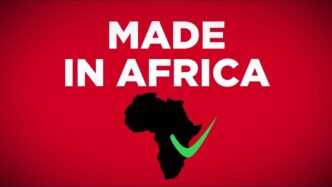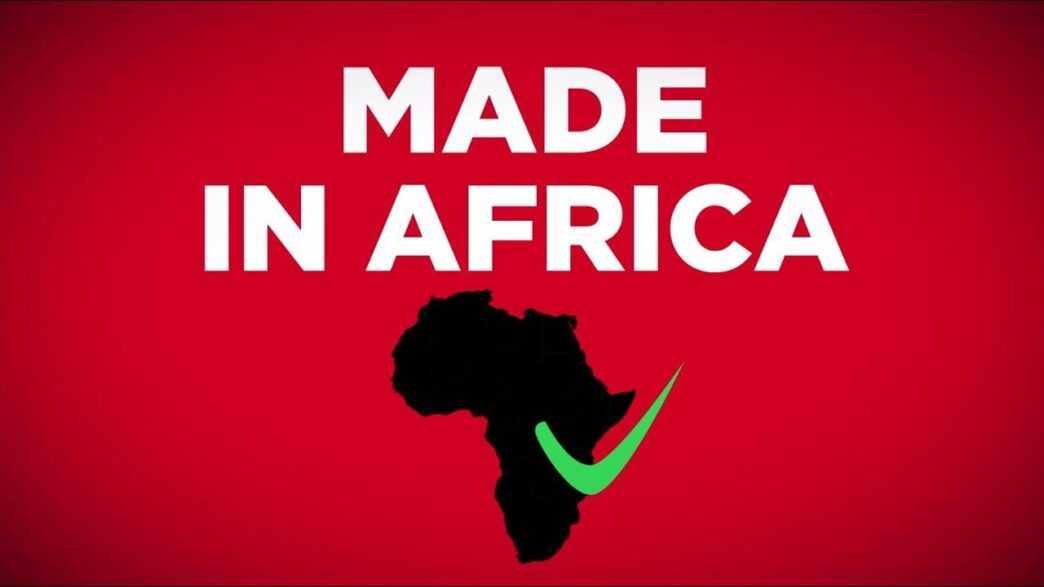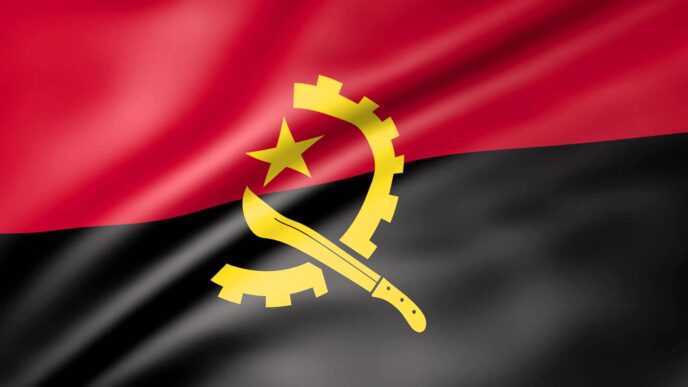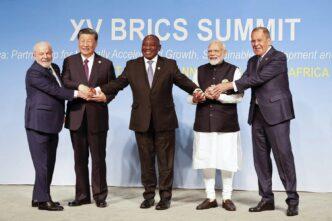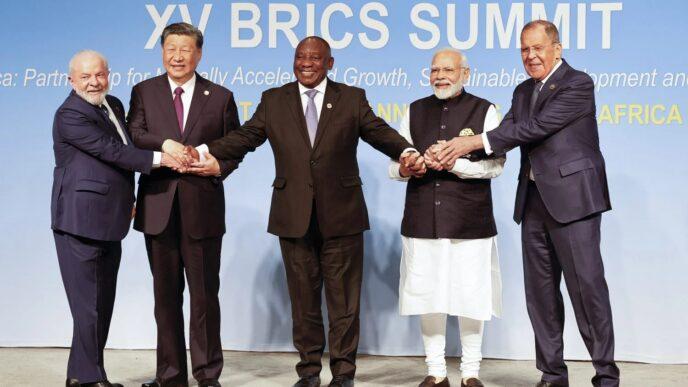The African continent is beyond rich in resources and for years has been a resource hub for the rest of the world, with numerous countries and industries acquiring key manufacturing resources and raw materials from across the African continent. Today, several African countries in a unified vision have ushered an era of manufacturing and industrial revolution, that has already begun disrupting global markets.
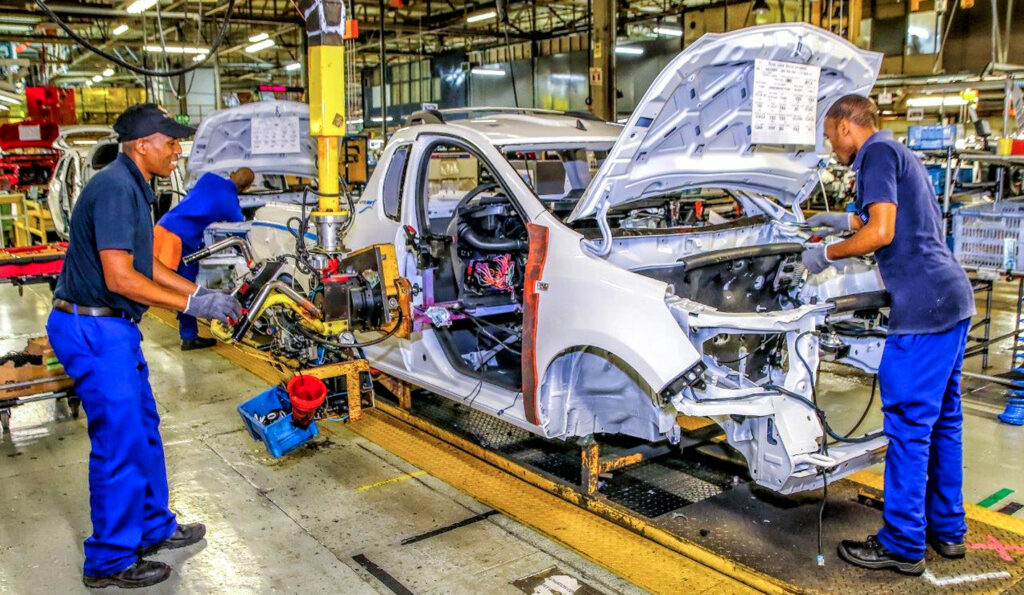
From industries and factories churning out quality and high-tech products to the manufacturing of everyday products like clothing and household items. This is the present reality of the African continent, powered by the ingenuity and creativity of the African people. African industries have stepped onto the global stage with products and ideas that can rival any other in the world.
In the Automotive Industry, Morocco, Africa’s top car manufacturer, produces an average of 700,000 automotive vehicles annually with a workforce of over 22,000 contributing 22% to the nation’s GDP. In Nigeria, we have seen the rise of an automotive car manufacturer known as Innoson Vehicle Manufacturing (IVM), they are Nigeria’s first indigenous car manufacturer, and 70% their production relies on local content. IVM has recently launched production of electric vehicles.

Another motivation for manufacturing in Africa is the establishment of Industrial Parks and Economic Zones, like Ethopia’s Hawassa Industrial Park, inaugurated in 2016 which specializes in textile manufacturing and South Africa’s Coega Special Economic Zone, it is a multibillion dollar industrial complex focused on a variety of sectors like automotive, agro-processing, and energy sectors.
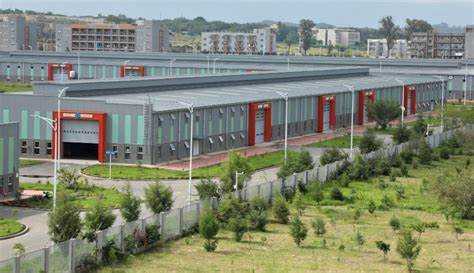
African governments and unity organizations have also begun investing more in industrial manufacturing on a large scale. the government of Benin for instance has invested over 550 million Euros for the processing of cotton domestically aimed at developing a farm to fashion value chain. Egypt has also launched a developmental strategy aimed at establishing Egypt as a regional hub for car manufacturing, this strategy is also assisted with fiscal incentives and strong support for zero emission vehicles.
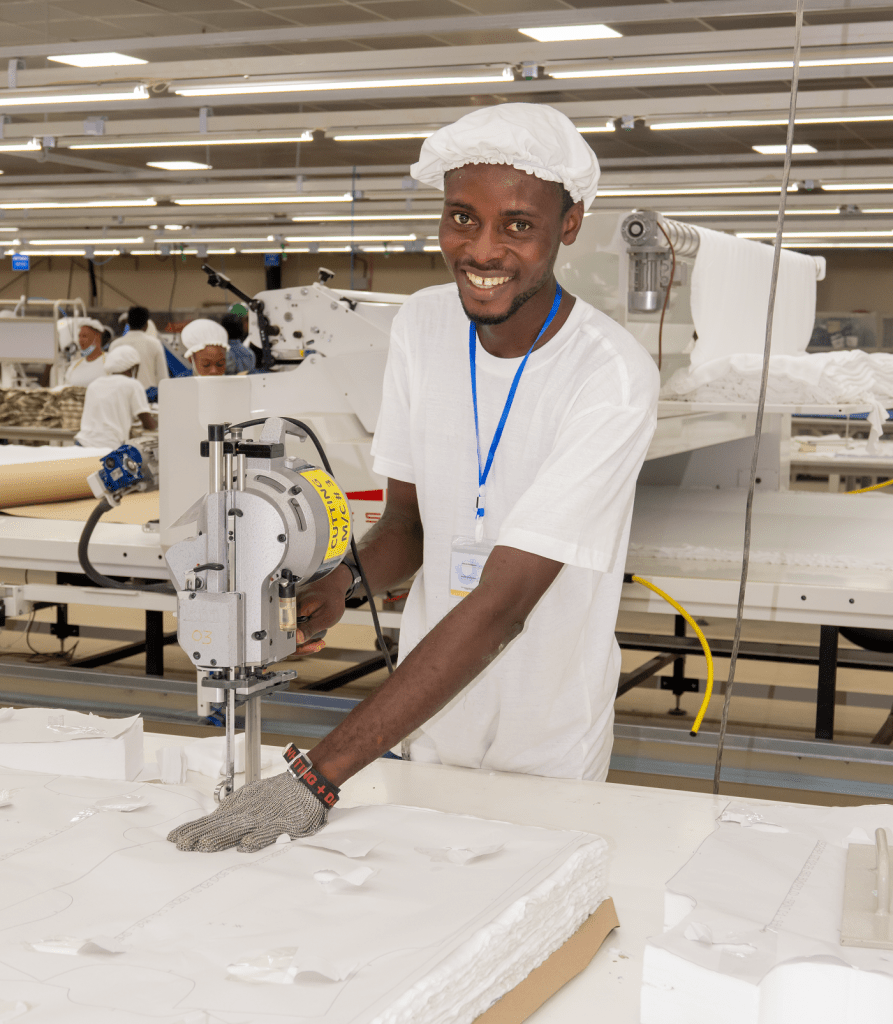
Similarly, the Platform for Harmonized African Health Products Manufacturing (PHAHM) was established by the African Union in 2024 to support the Africa Centers for Disease Control and Prevention (Africa CDC), which has broadened its mandate to include coordinating local production of vaccines, medications, and diagnostics.
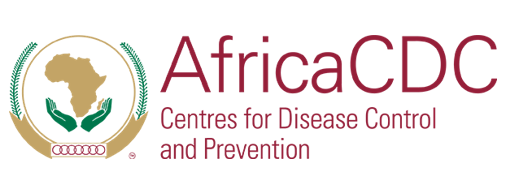
Africa’s growing domestic manufacturing sector is a big step toward economic independence and diversity. The region is positioned to emerge as a major industrial hub in the world by tackling current issues and seizing possibilities.
